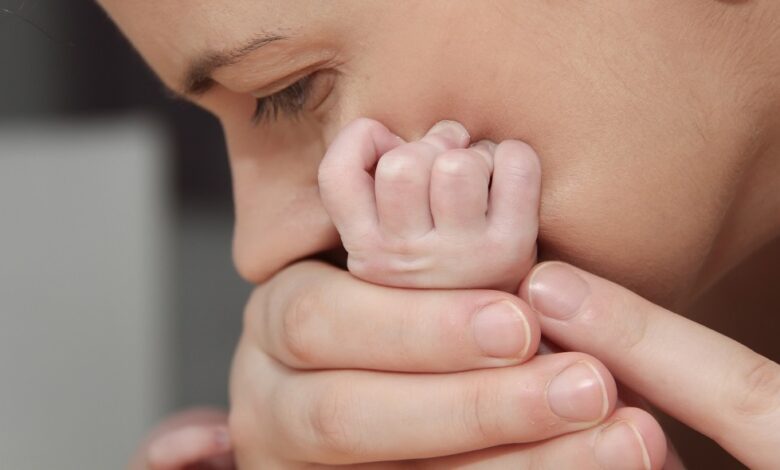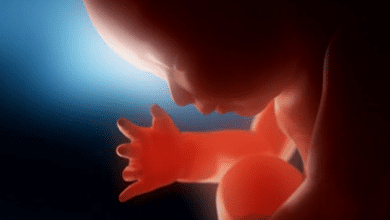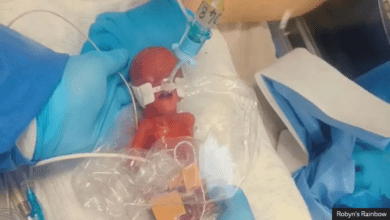Woman with severe disability safely delivers baby at 28 weeks

A new report showed how a woman with severe disabilities leading to breathing problems, was able to safely carry and deliver a baby at 28 weeks.
Researchers wrote in the American Journal of Perinatology about the case, which involved a woman with Type II spinal muscular atrophy (SMA). SMA is a genetic disorder that affects muscle neurons; the muscles do not respond well to the nerves, and therefore, shrink (or atrophy) over time. As SMA progresses, it can affect breathing and swallowing.
There are four different types of SMA, classified by the age at which it develops. Type II develops between six and 18 months, and typically, people with Type II SMA can often sit up on their own, but Can not walk. Despite this disability, most children who develop Type II SMA still have a normal life expectancy… although breathing challenges can be an issue.
That seemed to be the case with the woman in the research paper, who had severe breathing problems throughout the pregnancy. By 28 weeks, they reached the point where she had to undergo a c-section, but both survived and she is doing well, thanks to the work of a multidisciplinary team.
The paper noted that, due to her complicated medical history, doctors urged the woman to have an abortion, but she refused.
Ultimately, the researchers say that women with SMA can successfully carry a pregnancy, as long as they have ongoing medical care to help:
Pregnant women with SMA may encounter many intrapartum complications with respiratory compromise being one of the leading causes of maternal and neonatal morbidity. In a patient with severe underlying disease, it is important to carefully weigh these risks.
This case shows the importance of NIPPV [nasal intermittent positive pressure ventilation] in the management of severe restrictive disease to meet the increased demands of pregnancy. Other important clinical considerations such as anesthetic approach, time of delivery, and mode of delivery may account for significant differences in maternal morbidity and mortality. The management of a pregnancy affected by SMA requires the expertise of a multidisciplinary team involved in the earlier pregnancy.
Others resource note that studies have found that women with SMA have similar rates of pregnancy complications as able-bodied women, even though SMA symptoms may be worse. C-sections and premature deliveries are also more common, but all in all, it’s another sign that disability doesn’t mean a woman can’t be a mother — and that abortion isn’t necessary.
DOJ puts a pro-life grandmother in jail for protesting the killing of preborn children. Please take 30 seconds to TELL CONGRESS: STOP DOJ FROM TARGETING PRO-LIFE AMERICANS.





